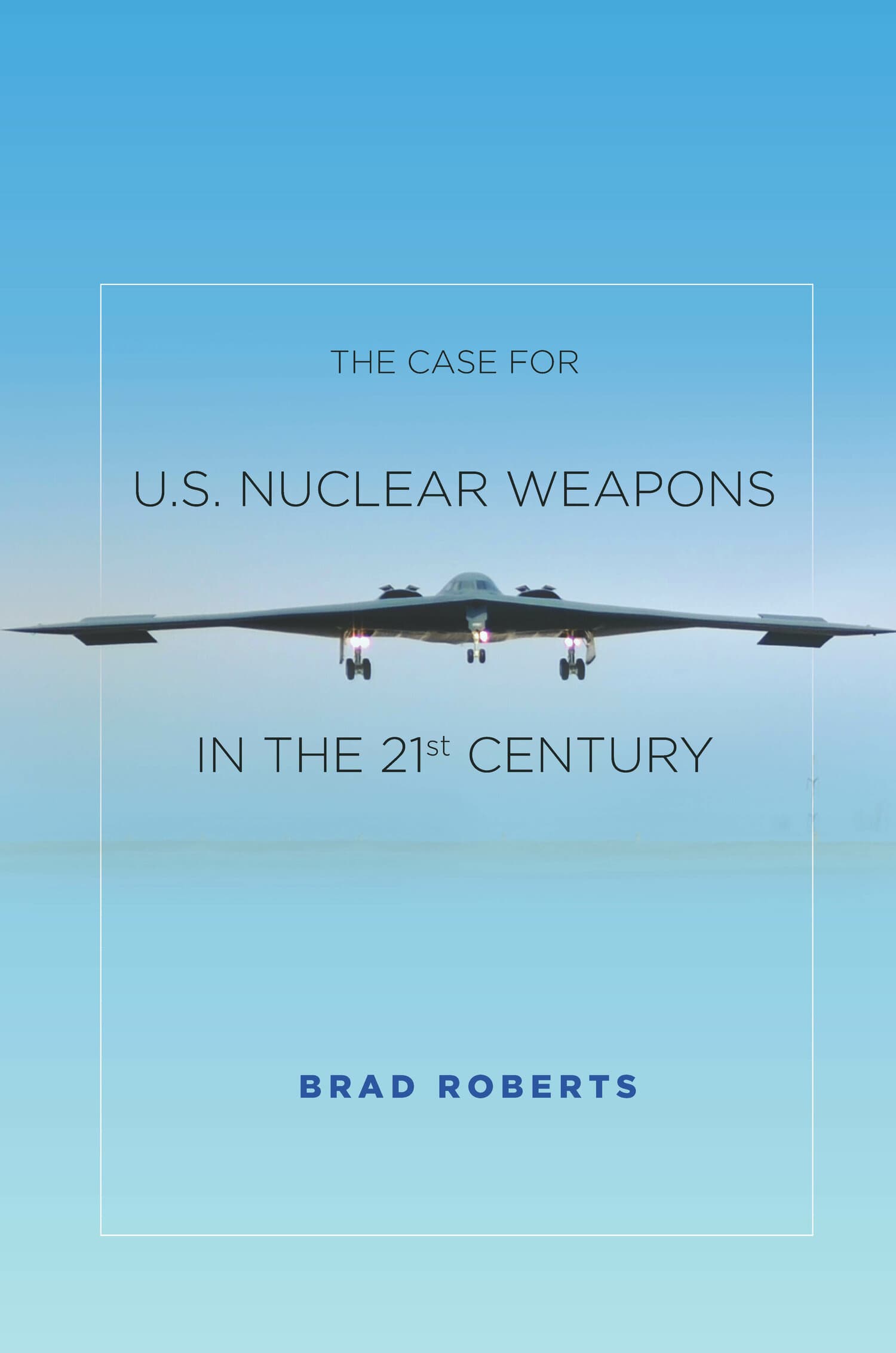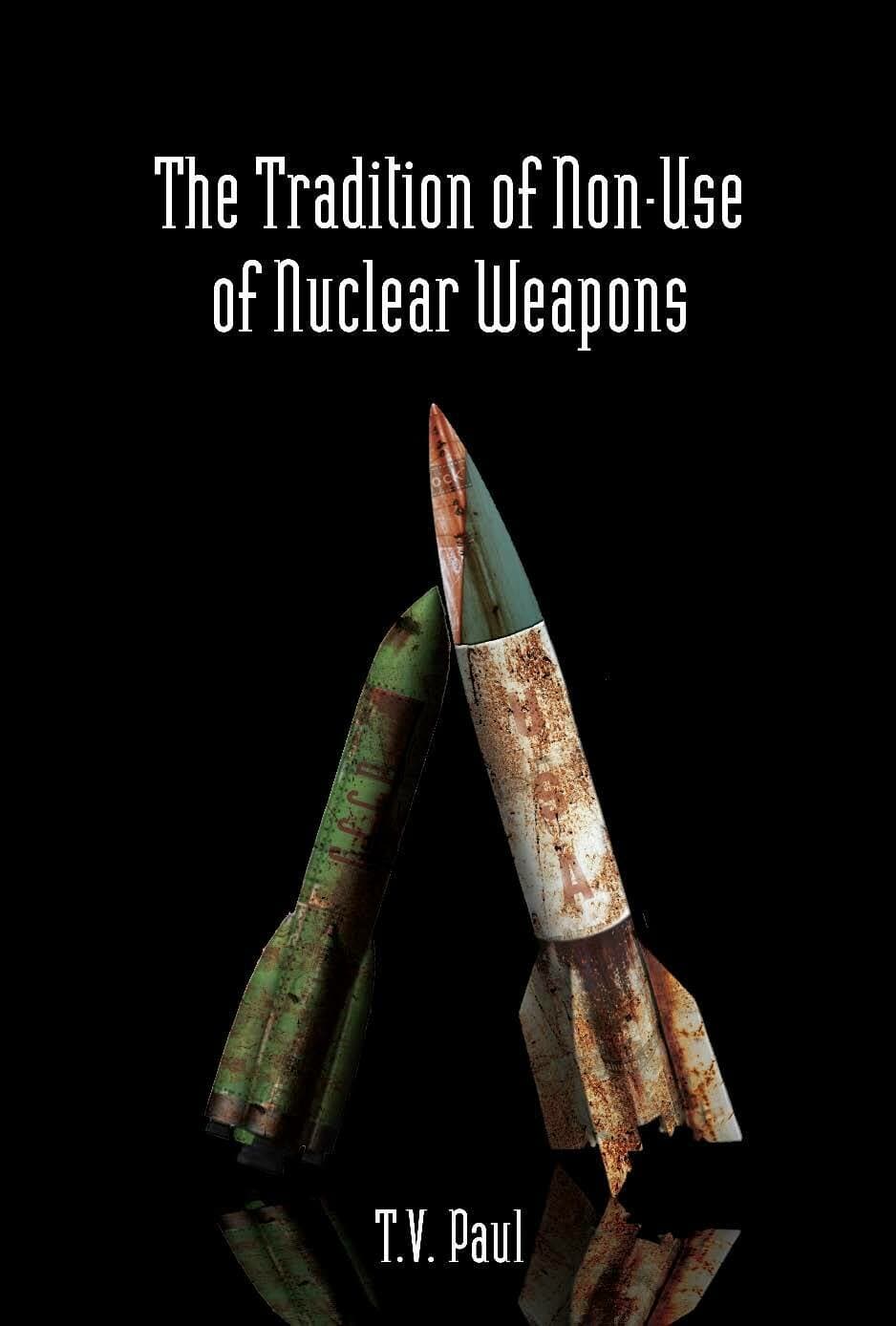The Nuclear Renaissance and International Security

Interest in nuclear energy has surged in recent years, yet there are risks that accompany the global diffusion of nuclear power—especially the possibility that the spread of nuclear energy will facilitate nuclear weapons proliferation. In this book, leading experts analyze the tradeoffs associated with nuclear energy and put the nuclear renaissance in historical context, evaluating both the causes and the strategic effects of nuclear energy development.
They probe critical issues relating to the nuclear renaissance, including if and how peaceful nuclear programs contribute to nuclear weapons proliferation, whether the diffusion of nuclear technologies lead to an increase in the trafficking of nuclear materials, and under what circumstances the diffusion of nuclear technologies and latent nuclear weapons capabilities can influence international stability and conflict. The book will help scholars and policymakers understand why countries are pursuing nuclear energy and evaluate whether this is a trend we should welcome or fear.
"Adam Stulberg, Matthew Fuhrmann and their co-authors offer a sober assessment of the key drivers and consequences of the spread of nuclear energy just when the industry and nonproliferation community need it most. Their skillful blending of cutting-edge research with practical commentary will enhance efforts to meet the challenges posed by global civil nuclear expansion in the years ahead."—Former Senator Sam Nunn, Co-Chairman, Nuclear Threat Initiative
"Fuhrmann and Stulberg's well-structured volume provides a broad and deep understanding of the causes and consequences of the "nuclear renaissance." This insightful volume asks all of the big questions raised by the future of nuclear power and brings together leading experts to shed light on them. The carefully researched chapters avoid overly simple answers, instead providing analysis that supports nuanced conclusions. Beyond advancing the scholarly debate, this excellent volume offers valuable guidance to policy makers."—Charles Glaser, The George Washington University




